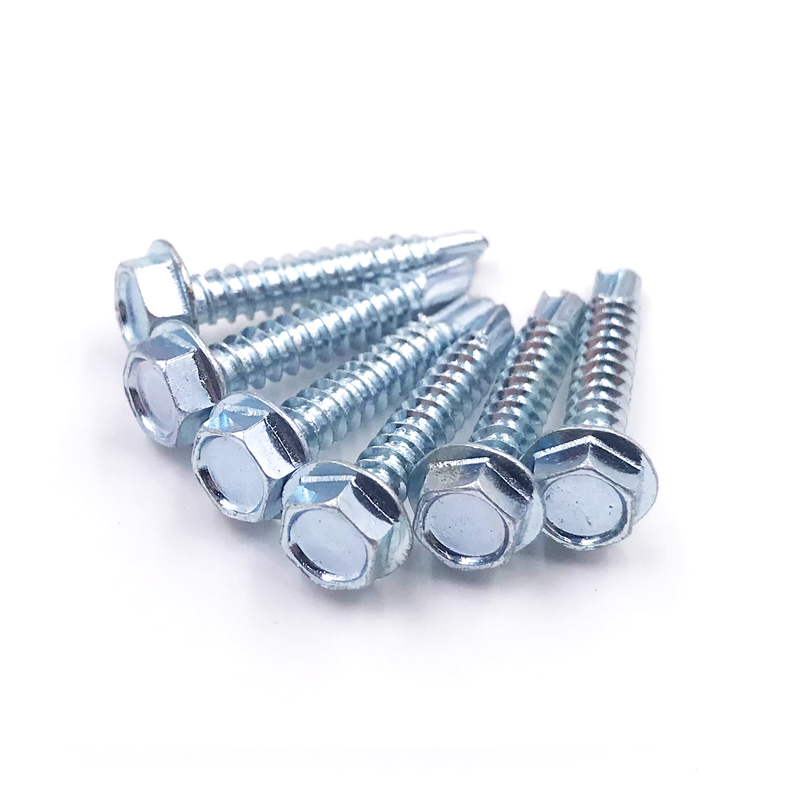chemical anchor fastener
Chemical Anchor Fasteners An Overview
Chemical anchor fasteners, also known as adhesive anchors or chemical bolts, are a revolutionary solution in construction and engineering for securing structural elements to concrete and masonry materials. Unlike traditional mechanical anchors that depend on friction or mechanical interlocking, chemical anchors utilize specially formulated adhesives that bond with both the base material and the anchor itself. This innovation brings a wide array of benefits, including enhanced strength, flexibility in application, and resistance to environmental factors.
How Chemical Anchors Work
Chemical anchors typically consist of two main components the adhesive and the anchor itself, which is often made from materials like steel or stainless steel. The adhesive is usually a two-part epoxy or resin that, when mixed, creates a strong bond as it cures. The installation process generally involves drilling a hole into the substrate, cleaning it to remove any dust or debris, and injecting the adhesive into the borehole. The anchor is then inserted into the adhesive-filled hole, where it is held in place until the adhesive cures, ensuring a robust and durable connection.
Advantages of Chemical Anchors
1. High Load Capacity Chemical anchors are designed to handle high loads, making them ideal for heavy-duty applications such as structural steel connections, bolting down machinery, or even anchoring underwater structures. The chemical bond created during the curing process provides superior load distribution compared to mechanical anchors.
2. Versatility One of the key benefits of chemical anchors is their adaptability to various substrates, including concrete, brick, and stone. They can be used in both solid and hollow materials, making them suitable for a wide range of construction projects.
3. Resistance to Environmental Factors Unlike traditional anchors that can be susceptible to rust and corrosion, chemical anchors can offer enhanced resistance to moisture, chemicals, and temperature fluctuations. This characteristic makes them particularly appealing for outdoor applications, marine environments, or areas requiring enhanced durability.
4. No Tensioning Required Chemical anchors do not require tensioning or preloading, which simplifies their installation. This feature can be particularly advantageous in situations where space is limited or precise alignment is crucial.
chemical anchor fastener

5. Reduced Vibration Effects As chemical anchors rely on adhesive bonding rather than mechanical mechanisms, they are less affected by vibrations. This characteristic is especially beneficial in dynamic environments where structural elements may experience movement.
Applications of Chemical Anchors
Chemical anchors are suitable for various applications across multiple sectors. In construction, they are widely used in securing steel beams, handrails, and façade systems. In the automotive industry, they can be employed in assembly processes where precision and durability are critical. Moreover, chemical anchors play a vital role in the installation of precast concrete elements and the mounting of heavy machinery.
Installation Considerations
While chemical anchors offer numerous benefits, proper installation is crucial for maximizing their effectiveness. Factors to consider include
- Suitable Environmental Conditions It is essential to check the manufacturer's guidelines regarding temperature and humidity, as these factors can significantly affect curing time and bond strength. - Surface Preparation Thorough cleaning of the drill hole is imperative to ensure optimal adhesion. Dust, grease, or water can compromise the bond, leading to reduced load capacity.
- Curing Time Depending on the adhesive used, curing times can vary. Installation managers should account for this time to ensure maximum strength before applying any loads.
Conclusion
Chemical anchor fasteners represent a significant advancement in fastening technology, providing exceptional strength and durability for various applications. Their ability to adapt to different substrates and resist environmental challenges makes them an increasingly popular choice among engineers and construction professionals. As technology continues to evolve, it is likely that the role of chemical anchors in the construction industry will expand, further enhancing the safety and reliability of structures worldwide. Whether for simple renovations or complex projects, chemical anchors offer a robust solution that stands the test of time.
-
Weatherproof Plastic Expansion Anchors for OutdoorNewsJun.06,2025
-
Sustainability in the Supply Chain: Eco-Friendly TEK Screws ProductionNewsJun.06,2025
-
Load-Bearing Capacity of External Insulation FixingsNewsJun.06,2025
-
Double Head Bolts: Enhancing Efficiency in Industrial MachineryNewsJun.06,2025
-
Corrosion Resistance in Chipboard Screws: Coatings for Wholesale DurabilityNewsJun.06,2025
-
Butterfly Toggle Bolts : Enhancing Structural ResilienceNewsJun.06,2025
